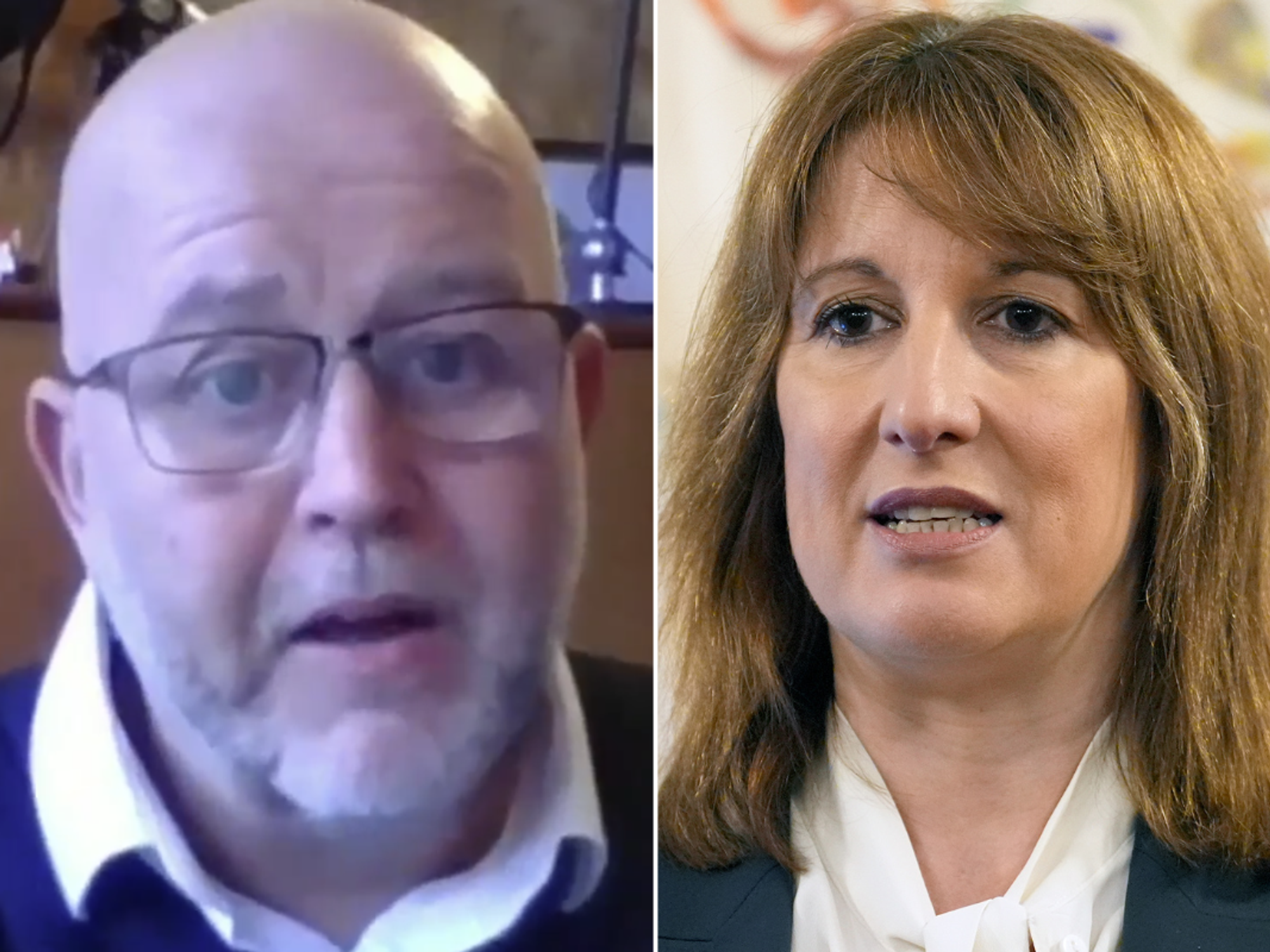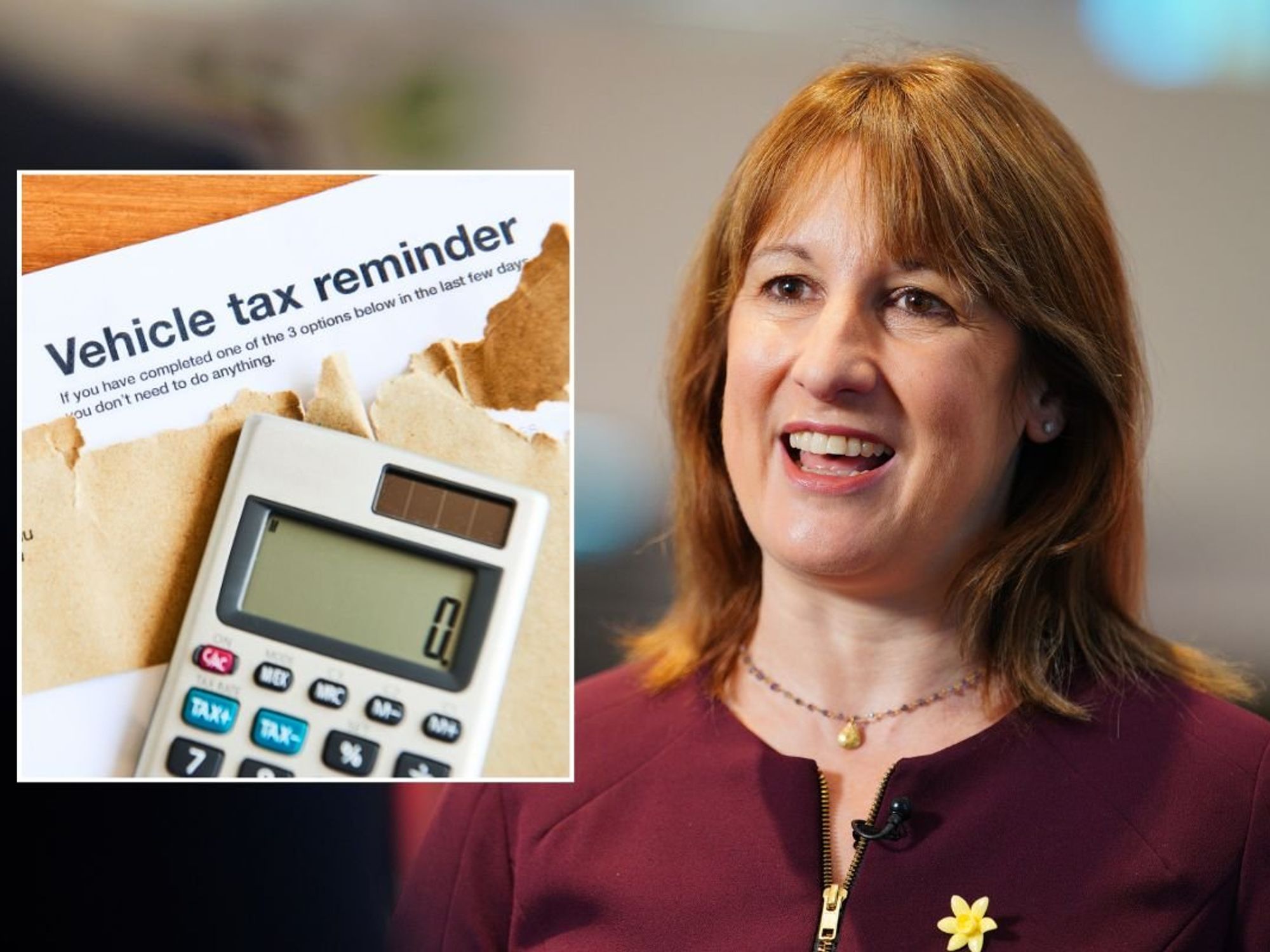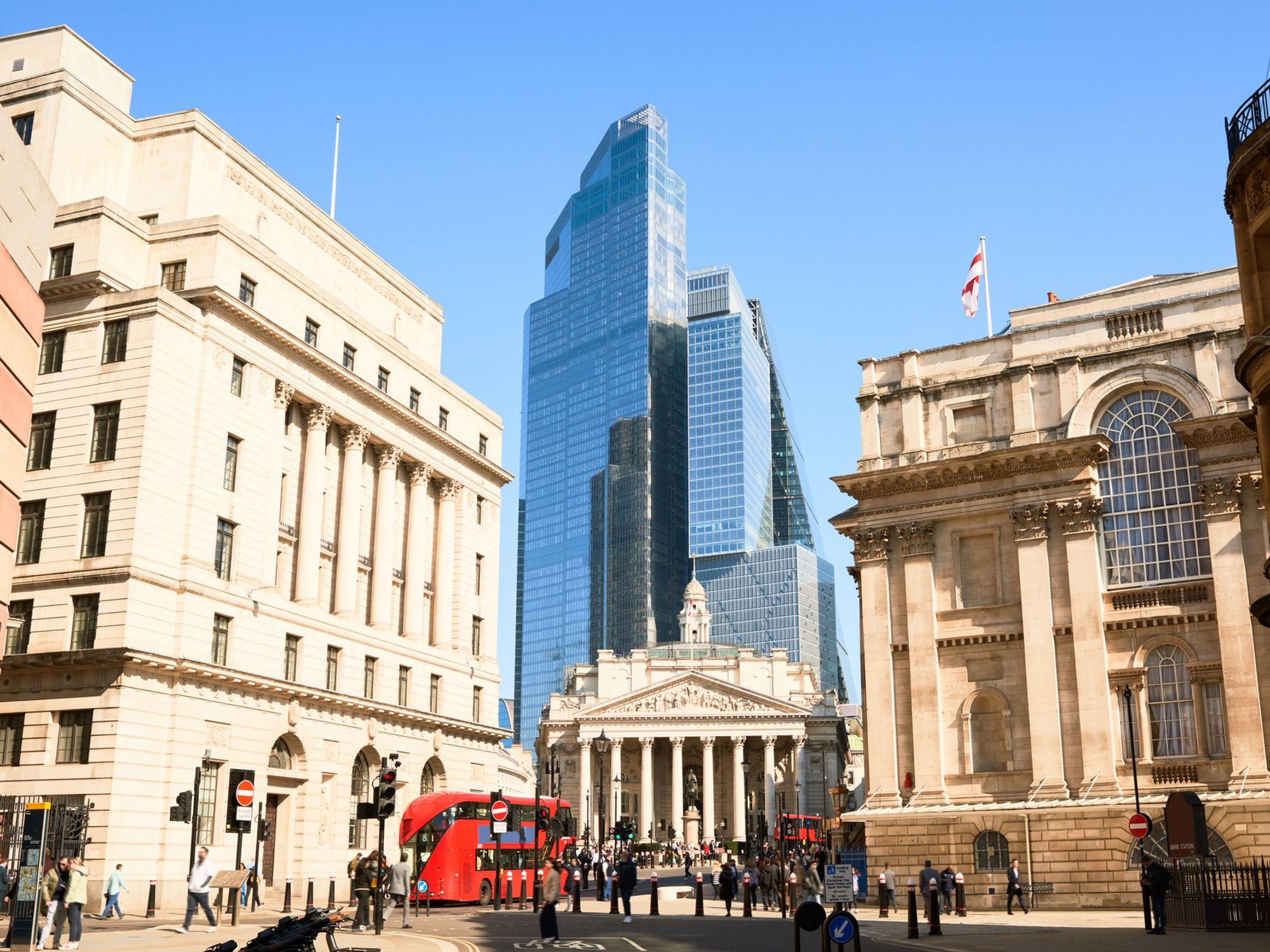Joe Biden faces make-or-break debate against Donald Trump – analysis by Ray Addison
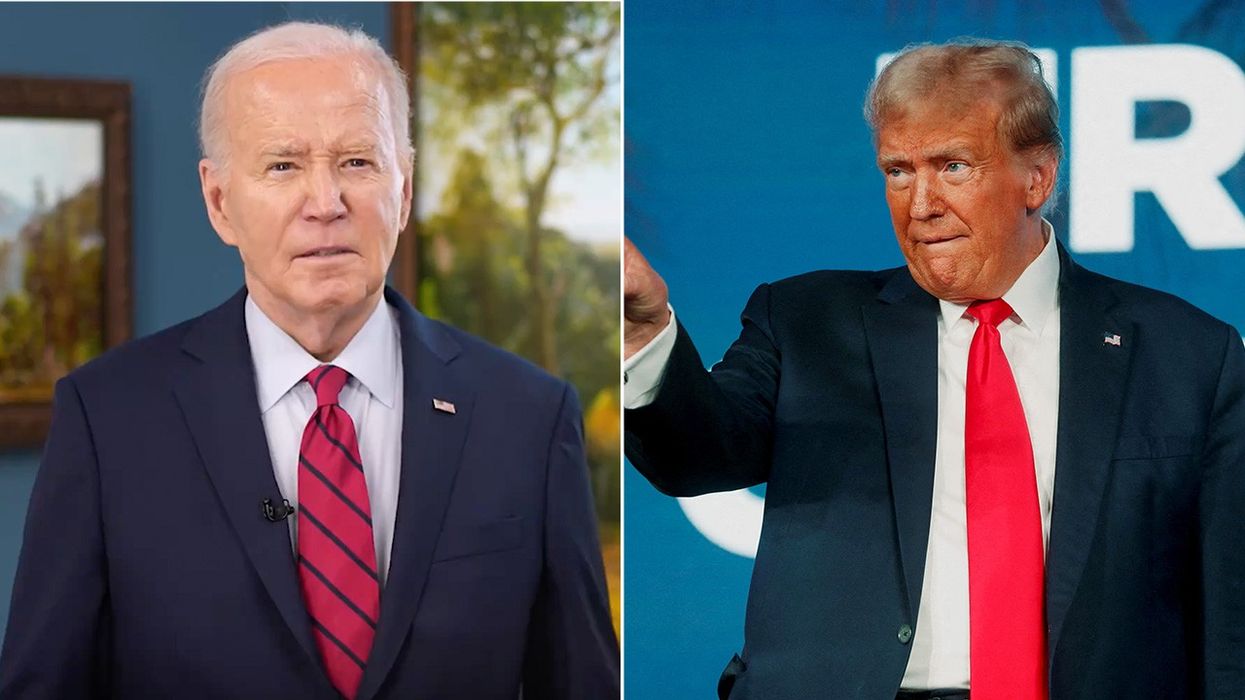
Joe Biden faces make-or-break debate against Donald Trump
| X / Reuters
The debate will be held on tomorrow night
Don't Miss
Most Read
Latest
On May 17, President Biden made an announcement that shocked much of America.
After months of doubt over whether any presidential debates would take place at all ahead of the US election, he finally challenged Donald Trump to two primetime face-offs, giving voters a vital opportunity to see the two contenders for the White House go head to head before polling day.
Although debates during general elections are not unusual, Biden’s offer came like a bolt from the blue, as it followed months of repeated calls from his Republican challenger to debate him “anytime, anywhere”.
But the 81-year-old’s decision also came with a swathe of strings attached.
He wanted the first debate to take place in June, making it the earliest in modern US history.
There must be no live studio audience, despite it being a staple of every other presidential clash since 1976.
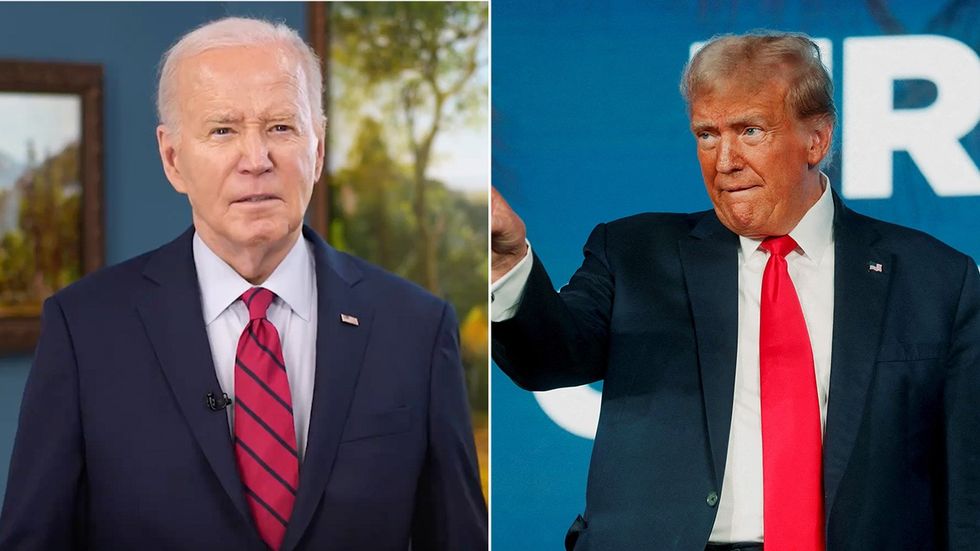 Joe Biden faces make-or-break debate against Donald Trump | X / Reuters
Joe Biden faces make-or-break debate against Donald Trump | X / ReutersThe broadcasters and moderators should not be sympathetic to a republican ideology, so ruling out Newsmax, Fox News and others.
And finally, the microphones must be muted, so Donald Trump would be unable to talk over him as he did when they debated during the 2020 election.
For some Americans the demands were seen as a sign of weakness, highlighting Biden’s perceived struggles with public speaking amid ongoing rumours that he is in cognitive decline.
Arguably not a great look for a man asking the American public to trust them for four more years.
But Donald Trump didn’t care.
He immediately agreed to all of Biden’s conditions, posting on Truth Social that he was “Ready and Willing to Debate Crooked Joe”, and even proposing a third event on Fox News on October 2, which Biden has not yet accepted.
US LATEST: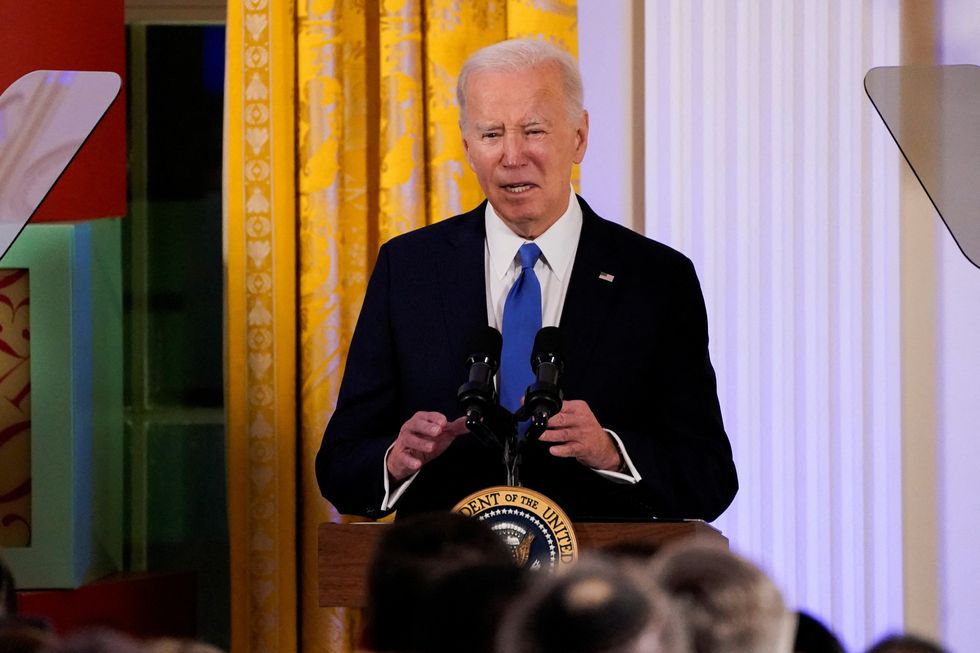 US President Joe Biden is hoping to be elected for a second term as Potus | Reuters
US President Joe Biden is hoping to be elected for a second term as Potus | ReutersIt will take place in the key swing state of Georgia on Thursday, June 27 (2 am, Friday, June 28, BST).
Hosted by CNN’s Jake Tapper and Dana Bash, it is scheduled to last for 90 minutes, including two commercial breaks.
ABC will host the second debate on September 10, at a location still to be confirmed.
Again at the demand of Biden, neither event has been organised by The Commission on Presidential Debates, which has overseen them for over three decades.
But with millions of Americans expected to tune in, the president appears to be taking his debate prep extremely seriously.
Last Friday he flew out of Washington for Camp David to spend the week facing mock attacks of the type he can expect from Trump.
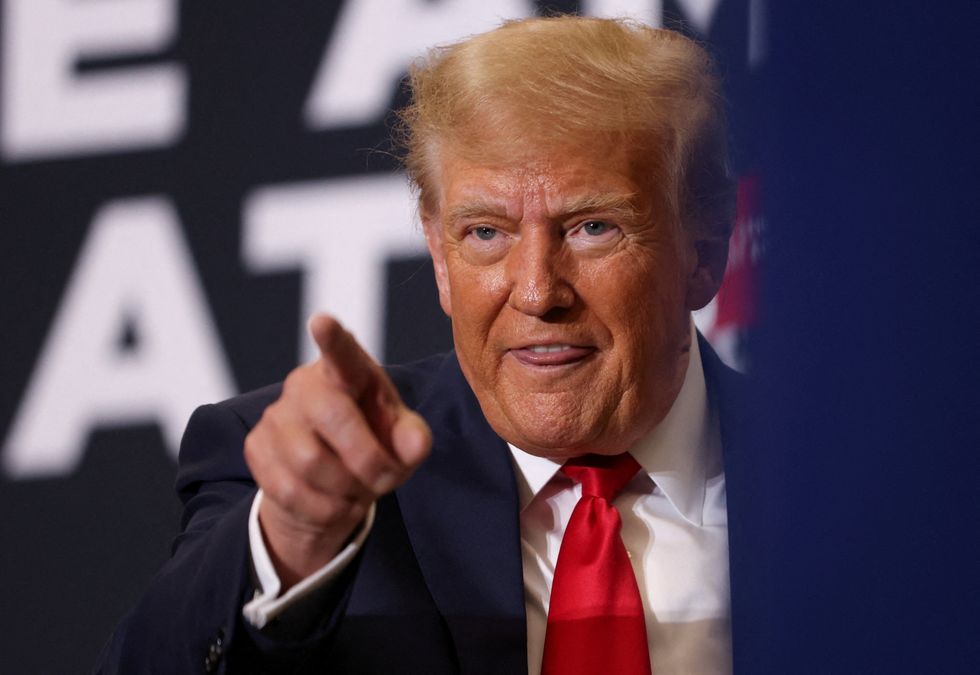 Donald Trump is vying for a second term | REUTERS
Donald Trump is vying for a second term | REUTERSKey topics will include Biden’s perceived weak stance on illegal immigration, and the struggling US economy, whilst he’ll hope to score points over Trump’s recent criminal conviction and the republican stance on abortion rights.
The importance of making a strong showing cannot be understated.
With Biden tied or trailing Trump in the polls, and his approval rating lower than any other president at this stage, this is one of his last chances to turn the election around.
He’ll need to overcome what is traditionally a difficult first debate for incumbent presidents.
After four years of being in charge, historically many have not done very well, unaccustomed as they are to being challenged in that type of setting.
He will also have to manage without any pre-written notes, which have been prohibited.
However, Donald Trump’s continual insults may have done Biden a favour.
After months of negative comments about his age, and his apparent confusion on stage, expectations are low, and if the president can avoid making any serious gaffes it may appear like a win.
Biden has also shown he does have the ability to surprise us.
At the State of the Union address in March he gave what many considered to be a barnstorming speech, although it did raise concerns that his energetic performance may have been aided by a cocktail of drugs.
Many conservative commentators believe the unusually early timing of the event could be deliberate, giving the Democratic Party enough time to ditch their presumptive nominee if he displays any ‘senior moments’.
Of course, Biden would have to agree to being removed from the ticket, which is incredibly unlikely, but if he were to suffer a humiliating primetime pounding it might be enough to convince him to stand aside to allow a more youthful candidate to take his place.
However, if he were to refuse, then pressure would be on delegates at the Democratic National Convention in August to defect en masse. Theoretically possible as the DNC Charter contains provisions to drop the party's nominee if they become incapacitated.
And in recent weeks there have been examples that that could be the case.
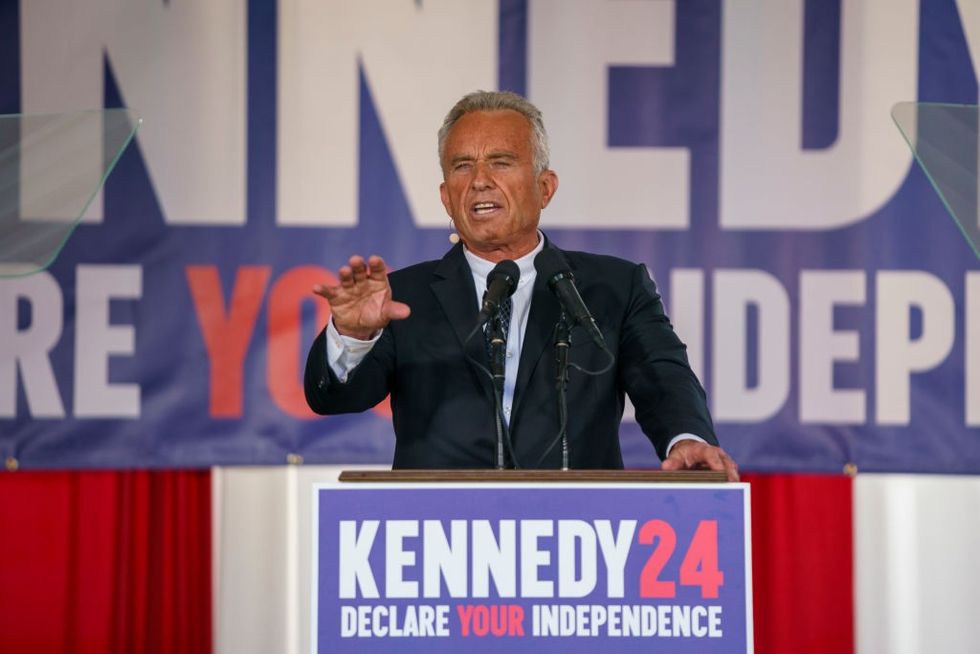
Robert F Kennedy Jr's plans to run as an independent
| Jessica Kourkounis/Getty ImagesIn a sit-down interview with Time magazine, Biden appeared to mix up the Russian and Chinese Presidents, Vladimir Putin and Xi Jinping.
And speaking to the NAACP in Detroit, Biden claimed to have been the Vice President during the COVID-19 pandemic, even though he wasn’t in office at the time.
So who could replace him?
Although California Governor Gavin Newsom, former Secretary of State Hilary Clinton, and former First Lady Michelle Obama have all been mentioned multiple times, there’s a much more controversial answer doing the rounds.
Despite Robert F Kennedy Jr. currently running as an independent, some commentators believe he may have the left-wing credentials to excite Democrat and swing voters desperate for a more appealing option.
Whether he would accept the call, should it come, remains to be seen, but for now, all eyes are on Biden as he faces probably the biggest moment of his long political career.





